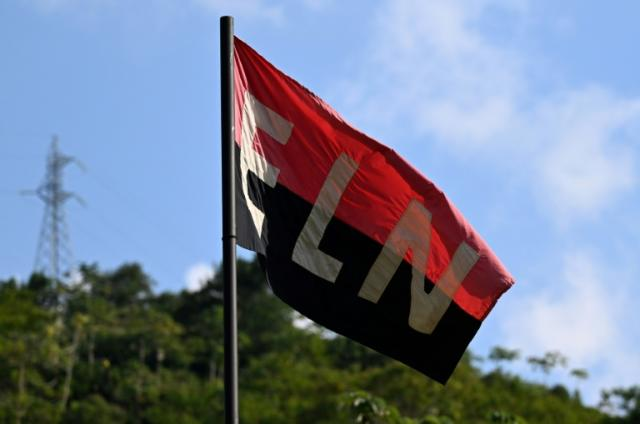
Colombia has historically been a difficult territory for Mexican cartels, who have encountered obstacles in taking absolute control of the dynamics of drug trafficking in the country. Instead, they have opted to send emissaries who act as businessmen and supervisors of the quality of the product they later market. Although Mexican cartels have consolidated alliances with local armed groups in Colombia, such as the ELN, AGC, and the dissidents of the FARC, to ensure the trafficking of cocaine to Caribbean ports, they still face significant limitations.
According to InSight Crime, the presence of Mexican cartels in Colombia is intermittent and dependent on local actors. Instead of imposing their control, Mexican emissaries focus on supervising the quality of the product and optimizing the distribution chain. Despite established alliances, Colombian groups maintain territorial control and operate under their own interests, without subordinating themselves to Mexican cartels.
The geographical, political, and social conditions in Colombia make it difficult for Mexican cartels to establish permanent bases, limiting their ability to operate independently. Although groups like the Sinaloa Cartel and CJNG have sent emissaries and created operational cells to strengthen their operations, they maintain alliances with Colombian criminal groups for drug trafficking, without directly involving themselves in territorial disputes.
Amid the escalation of violence in the Catatumbo region, Colombia's president, Gustavo Petro, mentioned that the Sinaloa Cartel is the 'current boss' of the ELN, hinting at a relationship of subordination between the two groups. He asserted the importance of education as a tool to prevent young people from becoming involved in criminal activities financed by Mexican and foreign cartels.
In the confrontation between the ELN and the dissidents of the FARC in Catatumbo, more than 50,000 people have been displaced in a month. Despite the intentions of Mexican cartels to secure the flow of cocaine from Colombia, Colombian criminal organizations retain their autonomy and power, thus strengthening their position in drug trafficking without relinquishing control.










